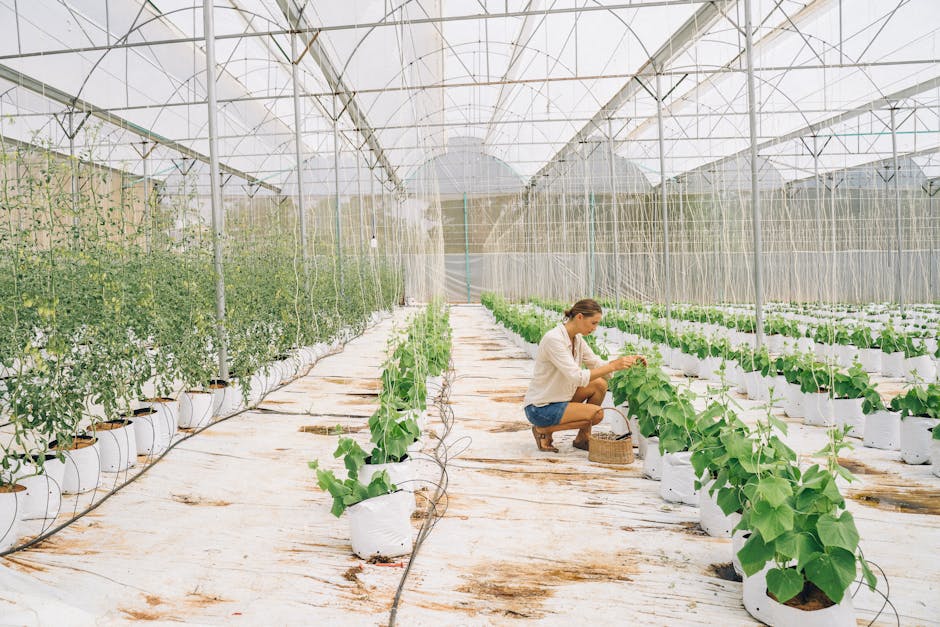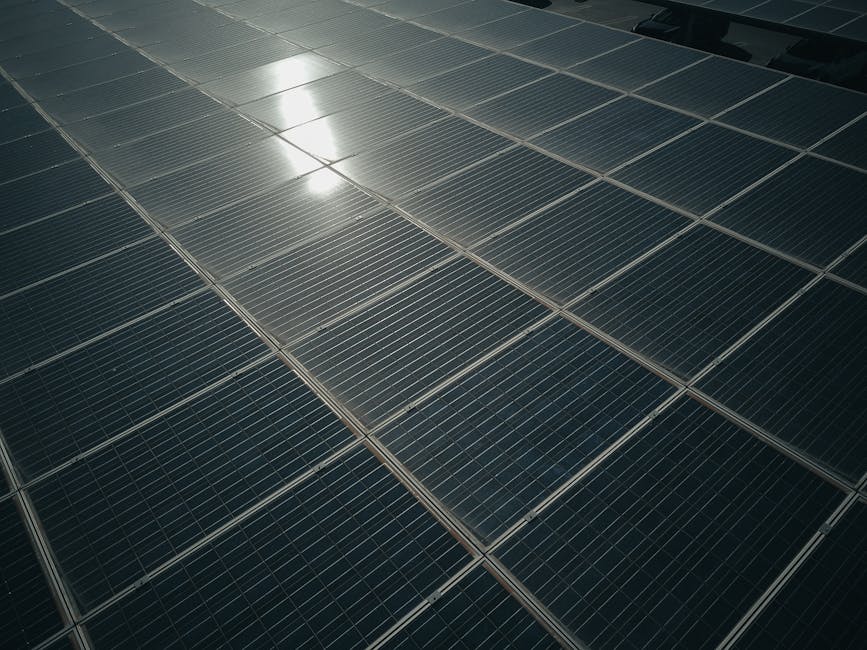Innovations in HVAC for Sustainable Living
Are you aware that heating and cooling systems account for nearly half of a homes energy use? This is a major reason why innovations in HVAC (Heating, Ventilation, and Air Conditioning) are crucial for sustainable living. These advancements not only help the environment but also save you money. Lets explore how these modern solutions can benefit your home and the planet.
Why Are HVAC Innovations Important?

With climate change on everyones mind, we all want to do our part. HVAC innovations play a significant role in reducing energy consumption. They make our homes more efficient and comfortable. When homes use less energy, it leads to fewer greenhouse gas emissions. This is essential for a sustainable future.
In fact, according to the U.S. Department of Energy, upgrading to energy-efficient HVAC systems can reduce energy usage by up to 30%. that’s a significant savings, both for your wallet and the environment.
What Are the Latest HVAC Innovations?

Lets dive into some of the most exciting innovations in HVAC technology. These advancements are making homes more efficient and sustainable.
Smart Thermostats
Have you heard about smart thermostats? These devices learn your habits and adjust temperatures automatically. For instance, if you leave for work at 8 AM, your thermostat can lower the temperature to save energy while you’re gone. Some popular options include the Nest Learning Thermostat and the Ecobee SmartThermostat.
- Save energy by optimizing heating and cooling schedules.
- Control your system remotely via smartphone apps.
- Receive energy usage reports to monitor consumption.
Smart thermostats can cut heating and cooling costs by around 10-15%. They offer a user-friendly way to contribute to sustainable living.
Variable Refrigerant Flow (VRF) Systems
Variable Refrigerant Flow (VRF) systems are a big deal in commercial buildings, but they are also becoming popular in homes. These systems use refrigerants to transfer heat between indoor and outdoor units. Heres the best part: they allow for different temperatures in different rooms.
This means you can keep your living room warm while your bedroom stays cool. VRF systems are energy-efficient, using only the amount of energy needed for each zone. This flexibility can lead to significant energy savings.
Geothermal Heat Pumps
Geothermal heat pumps tap into the earths stable temperature. They use a series of underground pipes to transfer heat to and from your home. In winter, they pull warmth from the ground, and in summer, they do the opposite.
- Lower energy bills: Geothermal systems can reduce heating and cooling costs by 30-60%.
- Environmentally friendly: They have a minimal carbon footprint.
- Long lifespan: These systems typically last 25 years or more.
While the initial investment can be high, many homeowners find that the long-term savings are worth it. Plus, some states offer incentives for installing geothermal systems.
How Can Air Quality Be Improved?

Good air quality is essential for health and comfort. New HVAC technologies can help improve indoor air quality, making your home a healthier place to live.
Air Purifiers
Air purifiers can remove allergens, dust, and even viruses from the air. Some HVAC systems now come with built-in air purifiers that use HEPA filters. These filters can trap 99.97% of particles that are 0.3 microns or larger. That means cleaner air for you and your family.
Using an air purifier can help reduce asthma and allergy symptoms. This is especially helpful during allergy season or in areas with high pollution.
Humidity Control Systems
Humidity plays a big role in comfort. Too much moisture can lead to mold, while too little can cause dryness. Modern HVAC systems can now automatically control humidity levels.
These systems adjust based on real-time data, maintaining optimal humidity levels. This not only keeps you comfortable but also protects your home from damage.
What About Renewable Energy Integration?

More homeowners are interested in combining HVAC systems with renewable energy sources. This is a smart move for sustainability.
Solar-Powered HVAC Systems
Solar energy is a great way to power your HVAC system. By installing solar panels, you can harness the suns energy to run your heating and cooling systems. This reduces reliance on the grid and cuts energy costs.
Some systems are designed specifically for solar use, which can enhance efficiency and performance. Plus, many states offer tax incentives for solar installations.
- Lower energy bills with solar-powered HVAC.
- Reduce your carbon footprint.
- Increase home value with renewable energy features.
Hybrid Systems
Hybrid HVAC systems combine traditional energy sources with renewable options. For example, a system may use a gas furnace for backup during cold winters while relying on electricity from solar panels. This flexibility allows homeowners to maximize efficiency and minimize costs.
Using a hybrid system can lead to significant energy savings, especially in regions with fluctuating temperatures.
How Can You Choose the Right HVAC System?
Choosing the right HVAC system can feel overwhelming. Here are some tips to help you make an informed decision:
- Assess your home size: Different systems work best for different square footage.
- Consider your budget: Look for systems that fit your financial plan.
- Check energy ratings: Look for ENERGY STAR labeled systems for efficiency.
- Read reviews: See what other homeowners have to say about their systems.
Also, consulting with a professional can provide valuable insights based on your specific needs. They can perform a load calculation to ensure the system you choose is suitable for your home.
Common Misconceptions About HVAC
Many people have misconceptions about HVAC systems. Lets clarify a few common ones:
Myth: Bigger is Better
Some think that a larger HVAC unit will provide better cooling or heating. In reality, an oversized unit can lead to increased energy costs and uncomfortable humidity levels. Proper sizing is crucial for efficiency.
Myth: HVAC Maintenance is Optional
Many believe that if the system is working, it doesnt need maintenance. Regular tune-ups can extend the life of your HVAC system and improve efficiency. it’s best to get it checked at least once a year.
What Are the Takeaways?
Innovations in HVAC technology are changing the landscape of home heating and cooling. With smart thermostats, geothermal pumps, and air purifiers, homeowners can easily adopt a more sustainable lifestyle.
Consider the following when exploring HVAC options:
- Invest in energy-efficient systems to lower bills.
- Explore renewable energy sources for added savings.
- don’t underestimate the importance of regular maintenance.
Adopting these innovations not only benefits the environment but also enhances your quality of life. Make your home a sustainable haven today!
For more on energy-efficient living, check out this article on Energy Saver.
By embracing these innovations, you contribute to a greener future while enjoying a cozy, efficient home. Start your journey towards sustainable living today!

